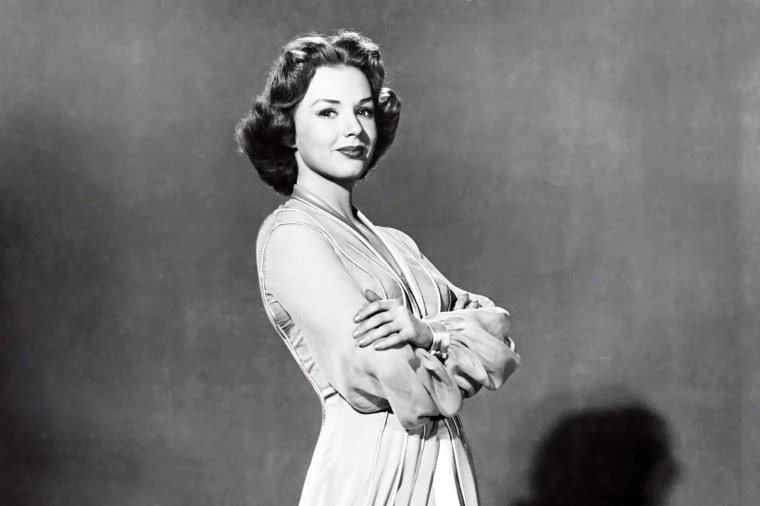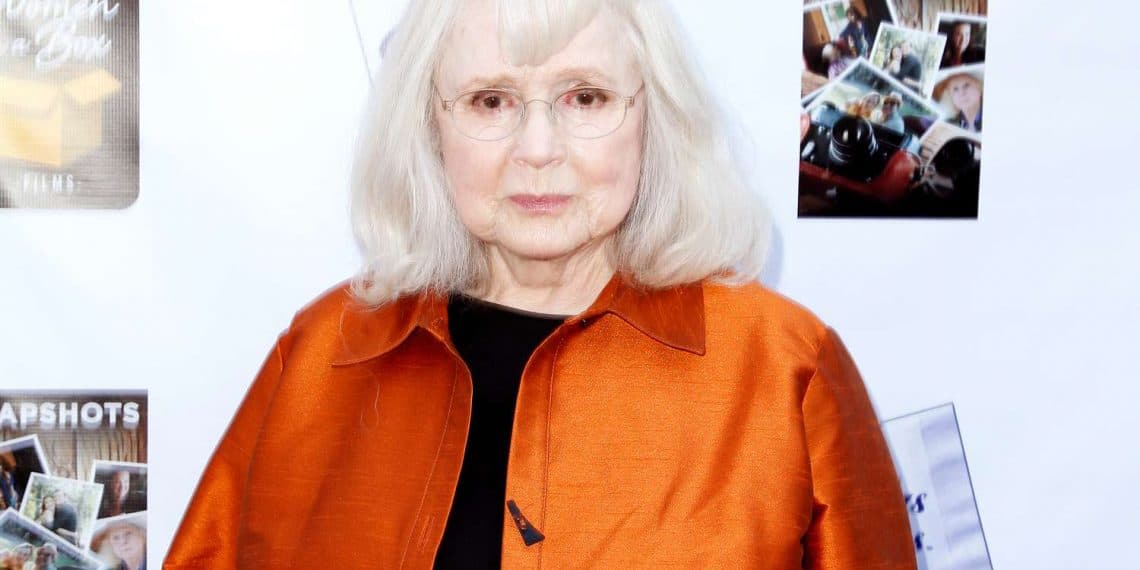At the age of 91, Piper Laurie, an actress who found success in her career by eschewing the studio system and received three Oscar nominations, passed away yesterday. Her manager, Marion Rosenberg, who called her a “wonderful person” and one of the top performers of her time, confirmed the sad news to Variety.
The Hustler, a classic pool hall movie from 1961, earned Laurie her first Oscar nomination for her performance opposite Paul Newman. She played an alcoholic in the film who said to Newman’s character, “You know, I’ve got my own problems, and I think you’ve got yours,” in a phrase that became famous. We may simply part ways; it could be for the best.
Piper Laurie’s comeback to film and television in the mid-’70s
She returned to the stage in the middle of the 1970s after taking an unofficial hiatus from it for more than ten years to devote herself to raising her family. This included performances that were nominated for Oscars in movies like “Carrie” and “Children of a Lesser God.”
As the mother of the timid telekinetic kid in “Carrie,” she was especially frightening. According to Roger Ebert, her character had turned her own personal sexual phobias into an extreme and obsessive set of beliefs.
She received two of her nine Emmy nods for playing the cunning and ambitious Catherine Martell in the influential television series “Twin Peaks” produced by David Lynch. For her role in the memorable “Hallmark Hall of Fame” production “Promises” from 1986, she earned her lone Emmy. She portrayed a character who helped the main characters, a schizophrenic played by James Woods, and his brother, James Garner, in this.
In 1999, she received her last Emmy nomination for a cameo on the sitcom “Frasier.” She played the mother of a radio psychologist who was clearly modeled by Dr. Laura Schlessinger and performed by Christine Baranski in this role.

The actress successfully broke her contract with Universal in the middle of the 1950s. She had already played the ingénue in a number of mediocre movies. In 1957’s “Until They Sail” by Robert Wise, which also starred Jean Simmons, Paul Newman, and Joan Fontaine, she reversed course and played a prominent supporting role.
She traveled from the West Coast to the East Coast, where she appeared in “Twelfth Night” and “Caesar and Cleopatra” television adaptations in New York. She was nominated for an Emmy at this time for her roles in the original drama “The Deaf Heart” on “Studio One in Hollywood” and “Days of Wine and Roses” with Cliff Robertson on “Playhouse 90.”
When she was found by director Robert Rossen when she was employed at the Actors Studio, her career took a big turn. He proposed that she play the alcoholic with a disability, Sarah Packard, in the 1961 movie “The Hustler,” for which she received an Oscar nomination for Best Actress.
Piper Laurie took a break after marriage
She soon got married to writer Joseph Morgenstern, who would go on to become a film critic. She made the decision to leave the entertainment business in order to start a family, and they made Woodstock, New York, their home.
But by the middle of the 1970s, she was compelled to go back to work. She performed in a Broadway production of “The Glass Menagerie” and a segment of the PBS science program “Nova,” playing Margaret Sanger, a pioneer in the cause of family planning.
Piper Laurie took the part of “Carrie” in Brian De Palma’s film with a lighthearted attitude at first. She received a second Oscar nod in the supporting category for her work in the horror movie, which combined humor and a terrifying representation.
She maintained her career after that success with a number of endeavors, including the Australian drama “Tim,” which starred a teenage Mel Gibson, as well as movies like “Ruby,” “The Boss’s Son,” and “Return to Oz.”





